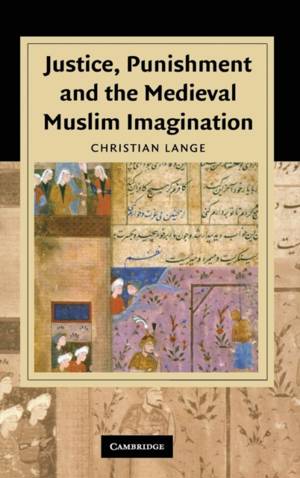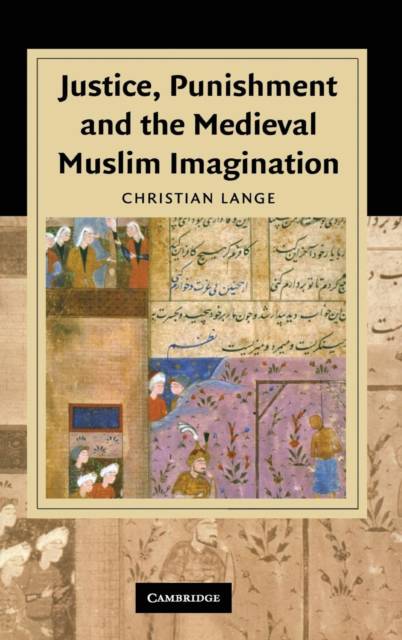
- Afhalen na 1 uur in een winkel met voorraad
- Gratis thuislevering in België vanaf € 30
- Ruim aanbod met 7 miljoen producten
- Afhalen na 1 uur in een winkel met voorraad
- Gratis thuislevering in België vanaf € 30
- Ruim aanbod met 7 miljoen producten
Zoeken
Justice, Punishment and the Medieval Muslim Imagination
Christian Lange
€ 172,95
+ 345 punten
Uitvoering
Omschrijving
How was the use of violence against Muslims explained and justified in medieval Islam? What role did state punishment play in delineating the private from the public sphere? What strategies were deployed to cope with the suffering caused by punishment? These questions are explored in Christian Lange's in-depth study of the phenomenon of punishment, both divine and human, in eleventh-to-thirteenth-century Islamic society. The book examines the relationship between state and society in meting out justice, Muslim attitudes to hell and the punishments that were in store in the afterlife, and the legal dimensions of punishment. The cross-disciplinary approach embraced in this study, which is based on a wide variety of Persian and Arabic sources, sheds light on the interplay between theory and practice in Islamic criminal law, and between executive power and the religious imagination of medieval Muslim society at large.
Specificaties
Betrokkenen
- Auteur(s):
- Uitgeverij:
Inhoud
- Aantal bladzijden:
- 302
- Taal:
- Engels
- Reeks:
Eigenschappen
- Productcode (EAN):
- 9780521887823
- Verschijningsdatum:
- 11/08/2008
- Uitvoering:
- Hardcover
- Formaat:
- Ongenaaid / garenloos gebonden
- Afmetingen:
- 150 mm x 229 mm
- Gewicht:
- 612 g

Alleen bij Standaard Boekhandel
+ 345 punten op je klantenkaart van Standaard Boekhandel
Beoordelingen
We publiceren alleen reviews die voldoen aan de voorwaarden voor reviews. Bekijk onze voorwaarden voor reviews.











